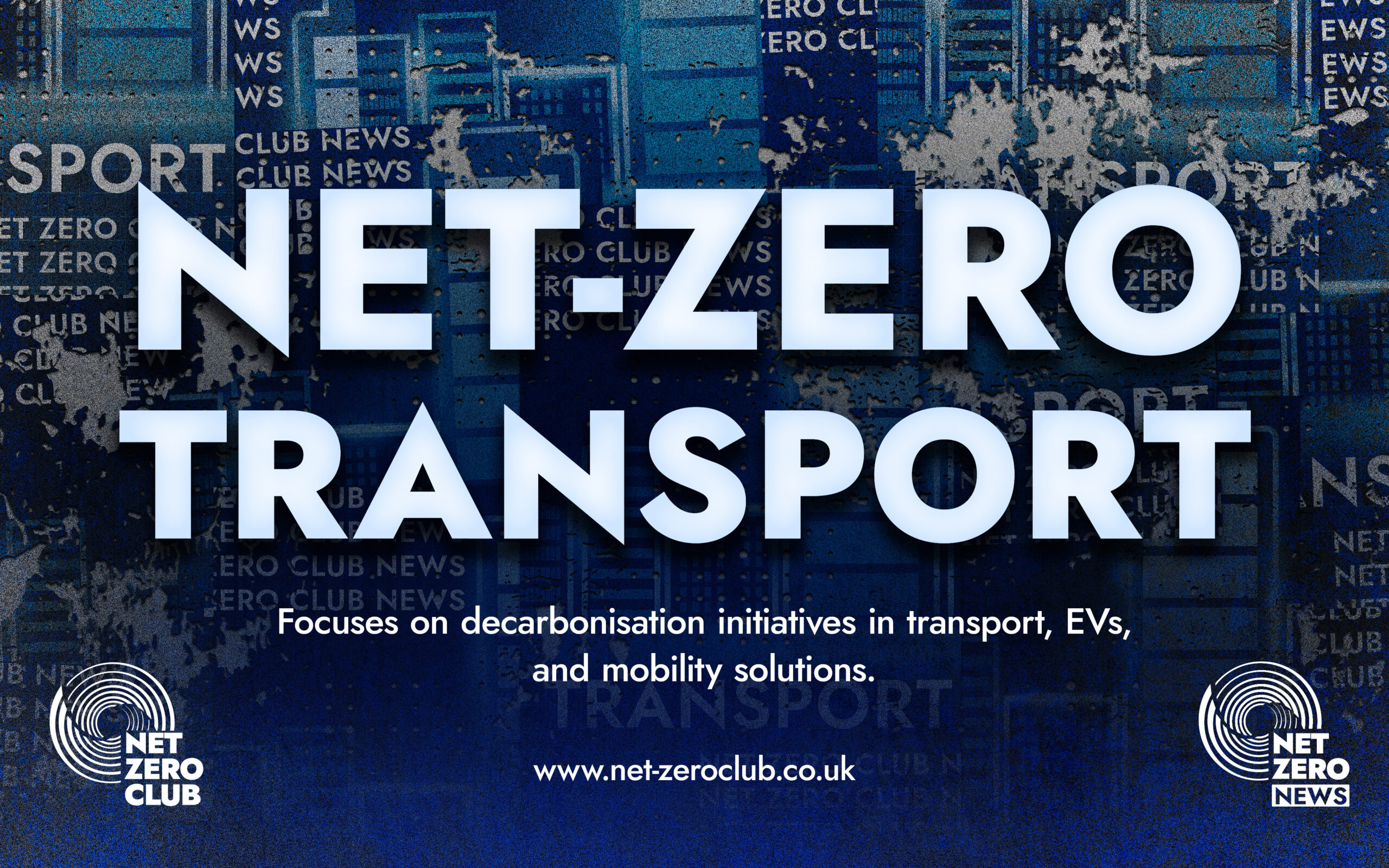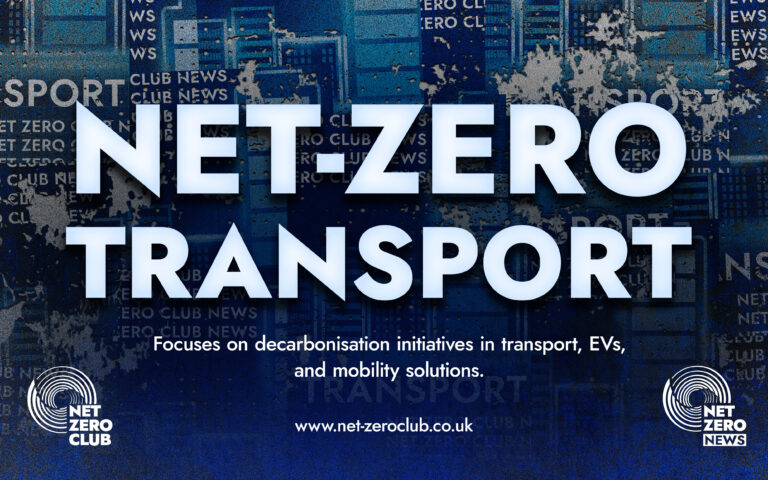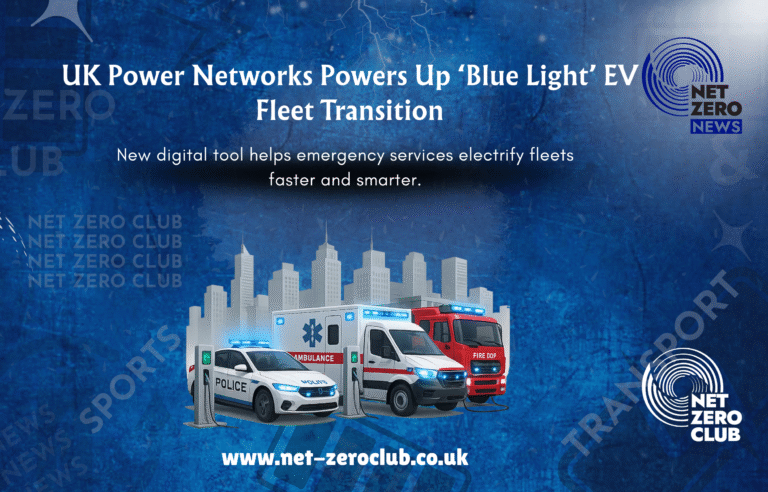Europcar Reveals Electric Van Barriers and Solutions

Welcome, Net Zero News readers,
In a significant move towards a greener future, a new report from Europcar has shed light on the barriers hindering the widespread adoption of electric vans, alongside proposing viable solutions. Titled “Van Electrification: Understanding Barriers, Identifying Solutions,” this white paper delves into the pressing question: why is the transition to electric light commercial vehicles (eLCVs) progressing at a sluggish pace?
The report, enriched by insights from the British Vehicle Rental and Leasing Association (BVRLA) and The EV Café, not only highlights the tangible benefits of electric vans but also addresses the perceived and real challenges that fleet operators encounter. As the world battles climate change, the transition to electric vehicles (EVs) is crucial, and understanding these hurdles is essential for fostering change.
One of the key findings of the report is that nearly two-thirds (61%) of the fleet operators surveyed are already incorporating eLCVs into their operations. However, a noteworthy 45% of these operators expressed concerns regarding the real-world range of their electric vans, while 33% highlighted issues with the availability and suitability of public charging infrastructure for vans. These figures underscore the prevalent “range anxiety” that continues to impede the transition to electric vans.
For the 39% of operators who have yet to embrace eLCVs, the report reveals that a staggering 38% believe electric vans are not fit for purpose, while 15% cite cost as a significant barrier. Interestingly, almost half (46%) of those surveyed indicated they would consider adding eLCVs to their fleet if the vehicles offered a longer range, demonstrating a clear appetite for electric alternatives if certain conditions are met.
Keith Shorter, director at Europcar Vans and Trucks, addressed these challenges head-on, stating, “Our research confirmed that range anxiety is holding back a considerable proportion of would-be electric fleets. However, cost, charging infrastructure, and lack of knowledge also play a part.” His insights highlight the multifaceted nature of the barriers to eLCV adoption, pointing to the need for a concerted effort from all stakeholders, including government bodies, to foster an environment conducive to electric vehicle uptake.
Shorter further emphasised the need for ongoing government support in the form of financial incentives, improvements to charging infrastructure, and regulatory amendments that facilitate the use of electric vans. He noted that such measures would be instrumental in accelerating the transition towards greener fleets across the country.
In addition to policy changes, Europcar has identified rental services as a practical solution to overcoming the cost barrier associated with electric vans. The ability to rent an electric van allows businesses to experience the benefits of zero emissions vehicles without the financial commitment that comes with purchasing. “Renting an electric van allows fleets to find out how zero emissions vehicles can work for their business, with no risk and minimal commitment,” Shorter explained.
He further articulated the advantages of rental over traditional test drives, asserting that “test drives from manufacturers and dealers are too short to be reassuring in terms of range, but rental can provide drivers with the opportunity to test e-vans in a real-world working environment.” This hands-on experience can prove invaluable in dispelling the myths surrounding electric vans and demonstrating their viability for various business needs.
As we move into a more sustainable future, the insights from Europcar’s white paper serve as a crucial reminder of the challenges that remain, as well as the promising paths forward. The report is available for those interested in exploring the findings in more detail, and it is a valuable resource for anyone looking to understand the current landscape of electric van adoption.
As electric vehicles continue to gain traction, it is essential for fleet operators, policymakers, and industry stakeholders to work collaboratively, addressing the barriers outlined in this report to pave the way for a greener, more sustainable future. Together, we can overcome these challenges and accelerate the transition to electric vans, ultimately contributing to the broader goal of achieving net-zero emissions.
For those keen to dive deeper into the findings and recommendations of the “Van Electrification: Understanding Barriers, Identifying Solutions” white paper, it is available online for further reading.
Let us remain committed to the journey towards net-zero emissions and embrace the innovations that will propel us into a sustainable future.

 Got net-zero news, project updates, or product launches to share?
Got net-zero news, project updates, or product launches to share? 
